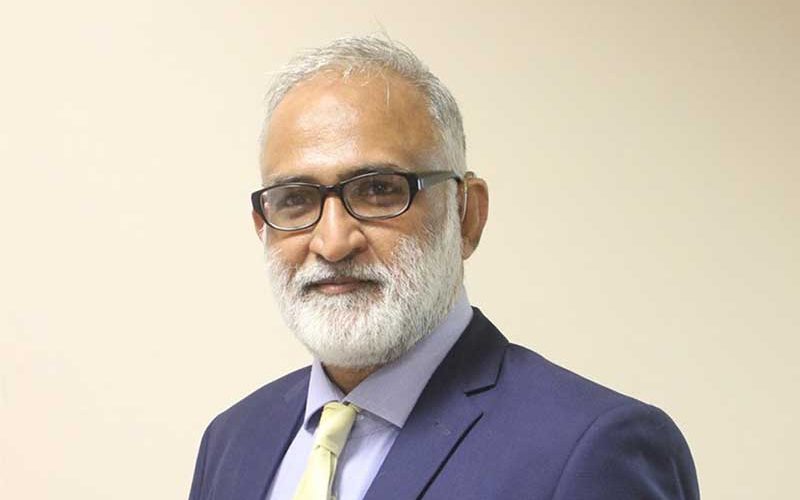CARING FOR CAREGIVERS: SHAKEEL AKHTER RECOGNIZED AS ‘LEGEND’ AT WORLD CIO 200 SUMMIT
Shakeel Akhter, Chief Information Officer (CIO) of the Indus Hospital & Health Network (IHHN), has been recognized as a “Legend” for this work at the World CIO 200 Summit Recognition Awards.
Shakeel Akhter is also among 13 other Pakistani CIOs selected for the Global CIO Forum’s Book of Titans. The Book of Titans is a special yearbook that celebrates the success of the world’s top 200 CIOs of the digital world and their projects.
Akhter — one of the earliest IT graduates in Pakistan – has been associated with the health IT industry since 1996. He is the pioneer of Pakistan’s first paperless hospital, The Indus Hospital. As a result, he created a Hospital Management and Information System that is efficient, cost-effective, and environment-friendly. Additionally, he and his team set up an Electronic Medical Record system that was one-of-a-kind in Pakistan.
For Akhter, ease of patient, prompt information availability to caregivers, and support data to decision-makers and hospital management make a project transformative. Furthermore, he believes that the primary goal of the business is customer experience. When asked what makes IHHN the “workplace of the future,” he said, “The Indus Hospital will be a smart hospital where the use of technology would be available at all steps of patient care and management.”
“I believe this award is a result of 450,000/month patients’ prayers to whom Indus is serving for free of cost. This award means a lot to the IT department and me. Through this forum, it is the second consecutive year the international IT community has recognized IHHN as Pakistan’s first paperless hospital. I am proud of my team and grateful to the management for their support.”
World CIO 200 Summit
The World CIO 200 Summit was established in 2017. The CIO 200 is a multi-country CIO felicitation ceremony that recognizes the achievements of the ‘Digital leaders’ of today. After touring 26 countries in 2020, the 2021 roadshow is touring 36 countries.
Global CIO Forum is a non-profit community of CIOs and IT leaders. Their mission is to facilitate networking, share best practices, and executive development. Furthermore, they aim to collaborate on issues the CIOs/IT executives face.




